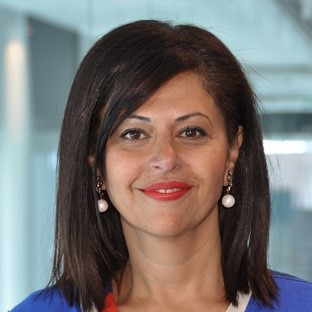Silas Young receiving Robert Poulin Award for his outstanding citizenship
Silas Young, right, and his classmate Stephanus Appoh served food at ASSIST, the Welcome Home
Holiday Dinner.
Silas Young is the recipient of this year’s Robert Poulin Award, presented to a full-time Lakehead University student for outstanding citizenship.
Graduating this year with his HBComm in Accounting, Silas is the founder and chair of ASSIST, which stands for Assisting International Students Together.
“This is a registered not-for profit that I developed to support post-secondary international students here in Thunder Bay,” he said.
“Our main activity has been providing hundreds of post-secondary international students with a warm meal and holiday cheer for over two years with the annual Welcome Home Holiday Dinner Event.”
Silas founded the group, built the team, and achieved the not-for profit incorporation while drawing on community support. He created ASSIST to provide essential support to Thunder Bay’s international student community.
“When the COVID-19 pandemic struck, a lot of international students approached me in my capacity as a director of LUSU's Board and explained the immense pressure they were facing,” he said.
“I believe a lot of people in Thunder Bay have the misconception that all international students are wealthy. Many international students come from humble upbringings, and have taken a brave step in their journey by choosing to come to Canada.”
Silas started the group to help international students.
“As a business student, I think most of us are awestruck with the idea of building our own business that can provide value to other people, and I was really excited by the idea of structuring this group as a non-profit business,” he said.
Silas adapted the Welcome Home Holiday Dinner to become COVID-friendly using a pickup window so approximately 100 delicious meals could be served to students from Lakehead University and Confederation College.
“It took a lot of careful planning and the support of our generous sponsors, but it was essential towards giving international students something to look forward to during the holiday season and to let them know that they have not been forgotten.
“We received a tremendous amount of positive feedback from the students, and I believe it gave them the energy boost they needed to enter the next semester with passion and vigour,” he said.
Earlier this year Silas received the Ingenuity Award at Lakehead University’s Research and Innovation Week, presented to one student and one faculty member who champion entrepreneurship and help further Ingenuity's mission.
He joined Enactus Lakehead in his first year at university, which was when he founded a financial literacy project that placed second in Enactus Canada’s regional and national competitions.
“From that point on, I became the president of the club and led our team to obtaining its first project accelerator grant from Enactus Canada,” Silas said.
He learned a lot from this experience – it gave him the foundation to pursue other opportunities such as joining Ingenuity's Advisory Board and founding ASSIST.
“My journey has provided engagement at the university and community level while representing the North on a national level. We have a lot of incredible student contributions that work towards furthering Ingenuity's mission. I was honoured to be selected as the recipient of that award.”
In addition to receiving the Robert Poulin Award, Silas also received the President’s Award given annually to graduating students who occupied positions of responsibility in student organizations, for their activities or achievements, or for making contributions that earned them special gratitude of their department, school or faculty.
After graduating, Silas will spend the summer as the Assistant Program Director for SHAD Lakehead. He’s excited to plan and facilitate events showcasing Thunder Bay to the 65 high school students participating in SHAD from across Canada.
He will also continue teaching part-time with Oshki-Pimache-O-Win: The Wenjack Education Institute while pursuing graduate school in Thunder Bay. He would like to eventually become a student in Lakehead’s Bora Laskin Faculty of Law.
This year Silas plans to create bursaries and scholarships for international students attending Lakehead University and Confederation College through ASSIST.
Since 1952, Lakehead University has presented the Robert Poulin Award annually to a full-time student selected by their fellows, the faculty and administration, for contributing most to the welfare of the University through student activities.
Lakehead named the Robert Poulin Award after an outstanding Forestry graduate from the Lakehead Technical Institute who died at the age of 20 due to a workplace accident.


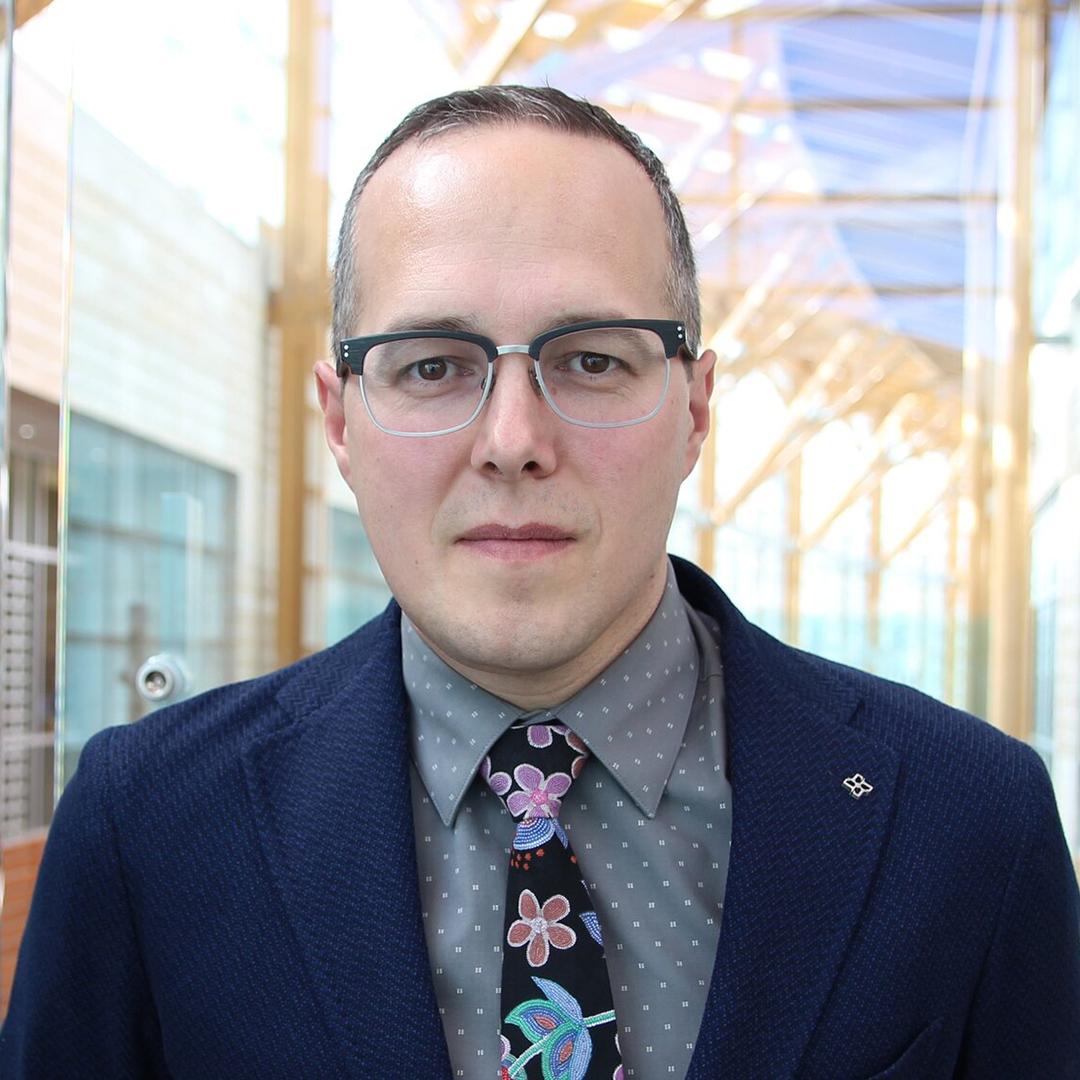
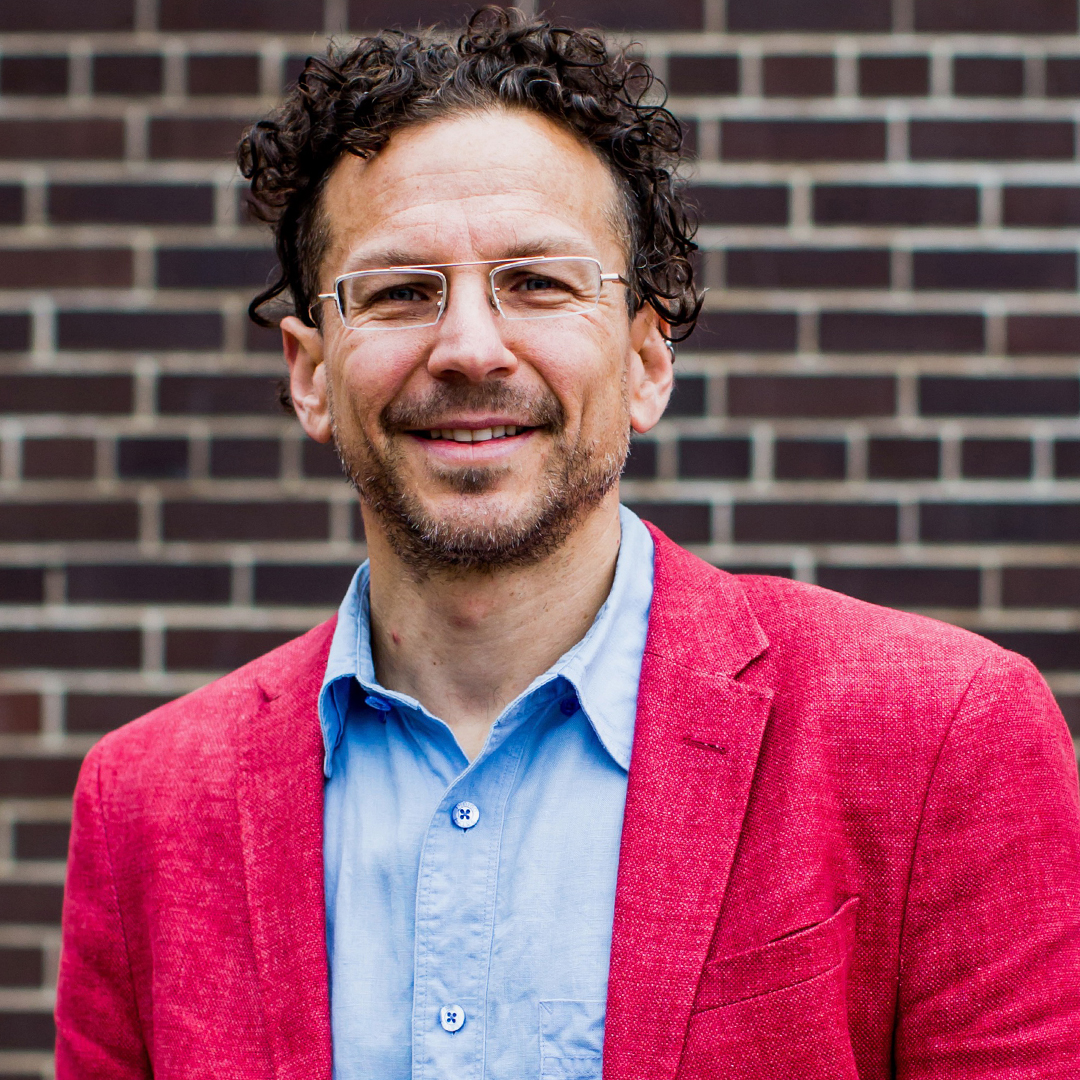
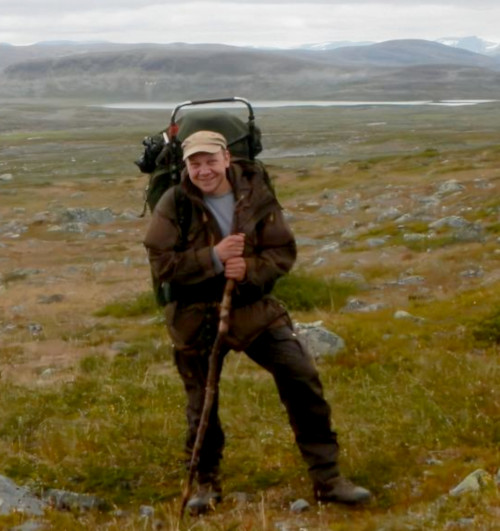
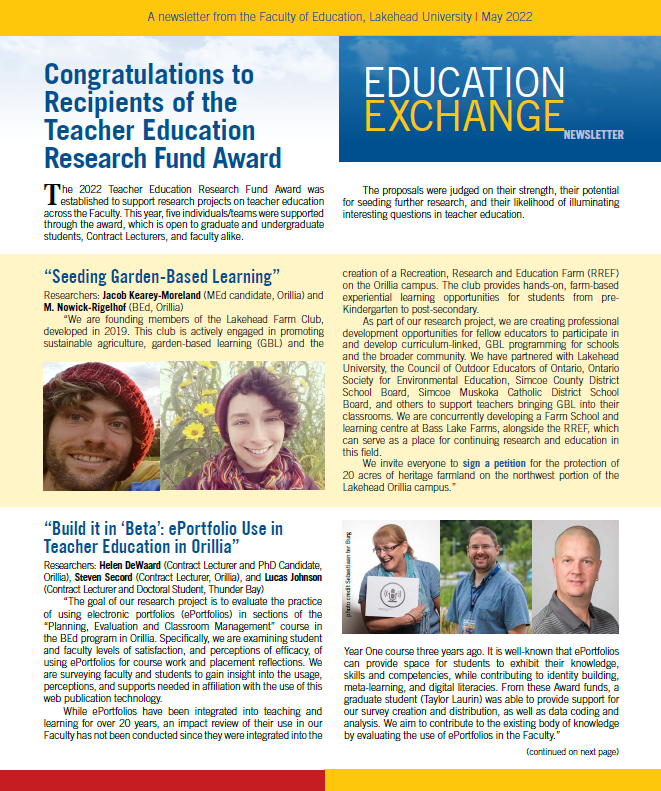
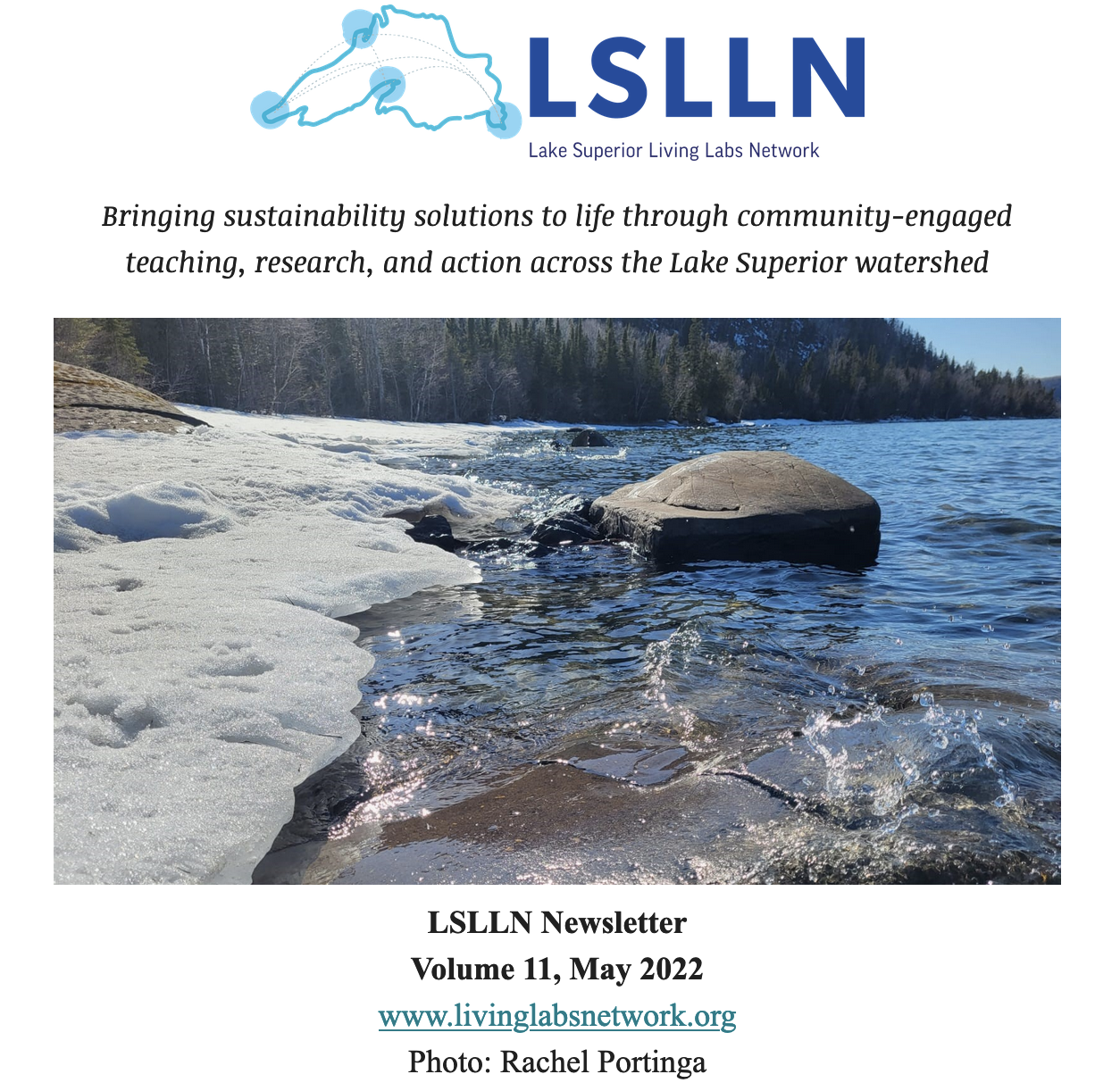

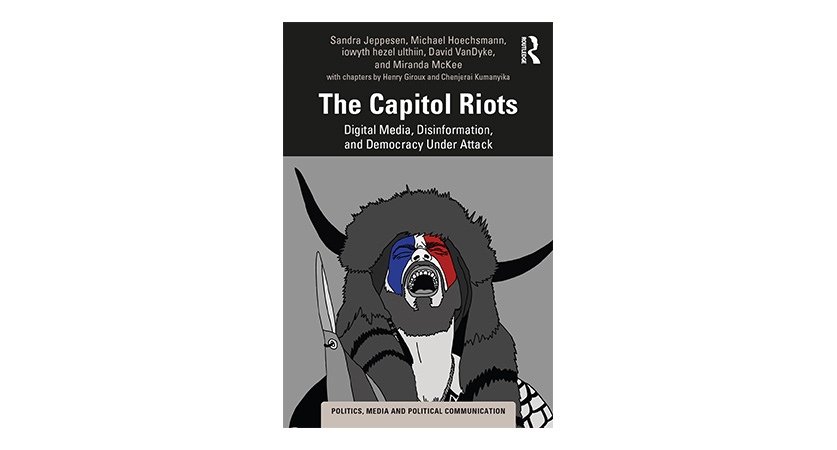
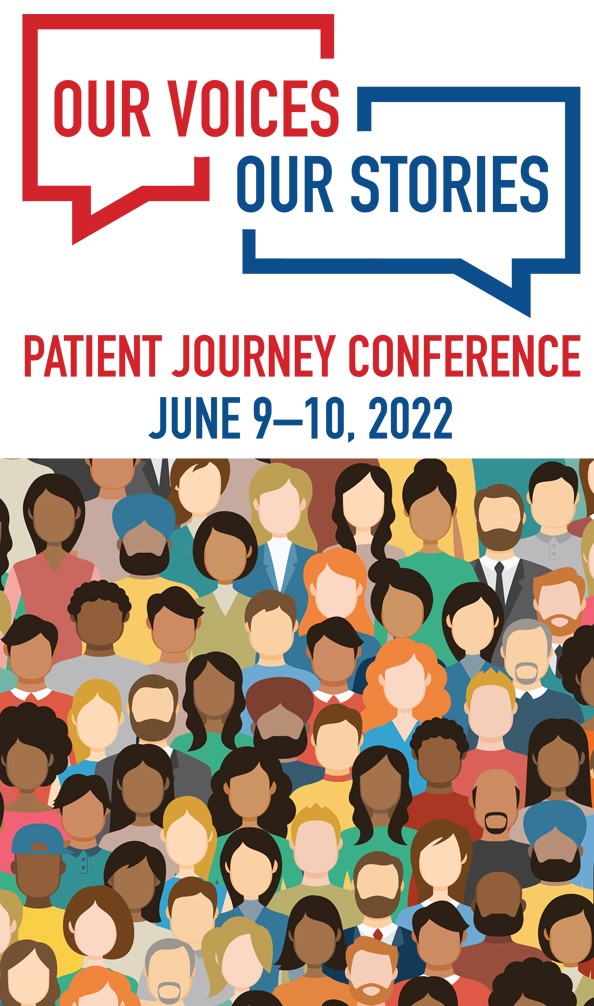
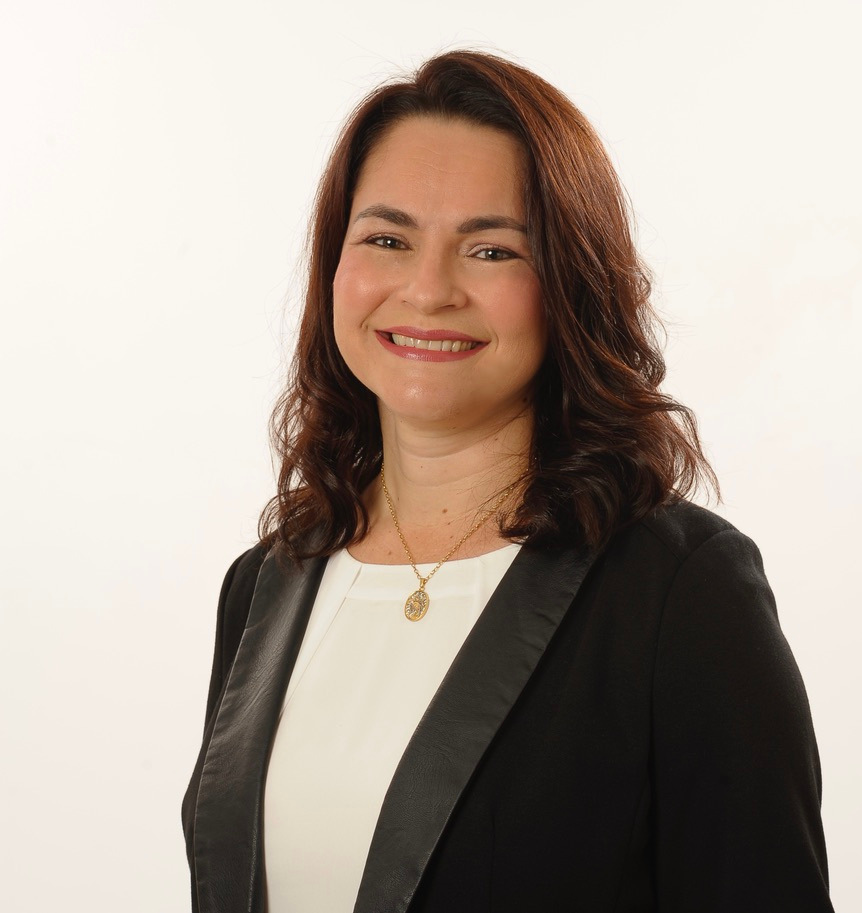
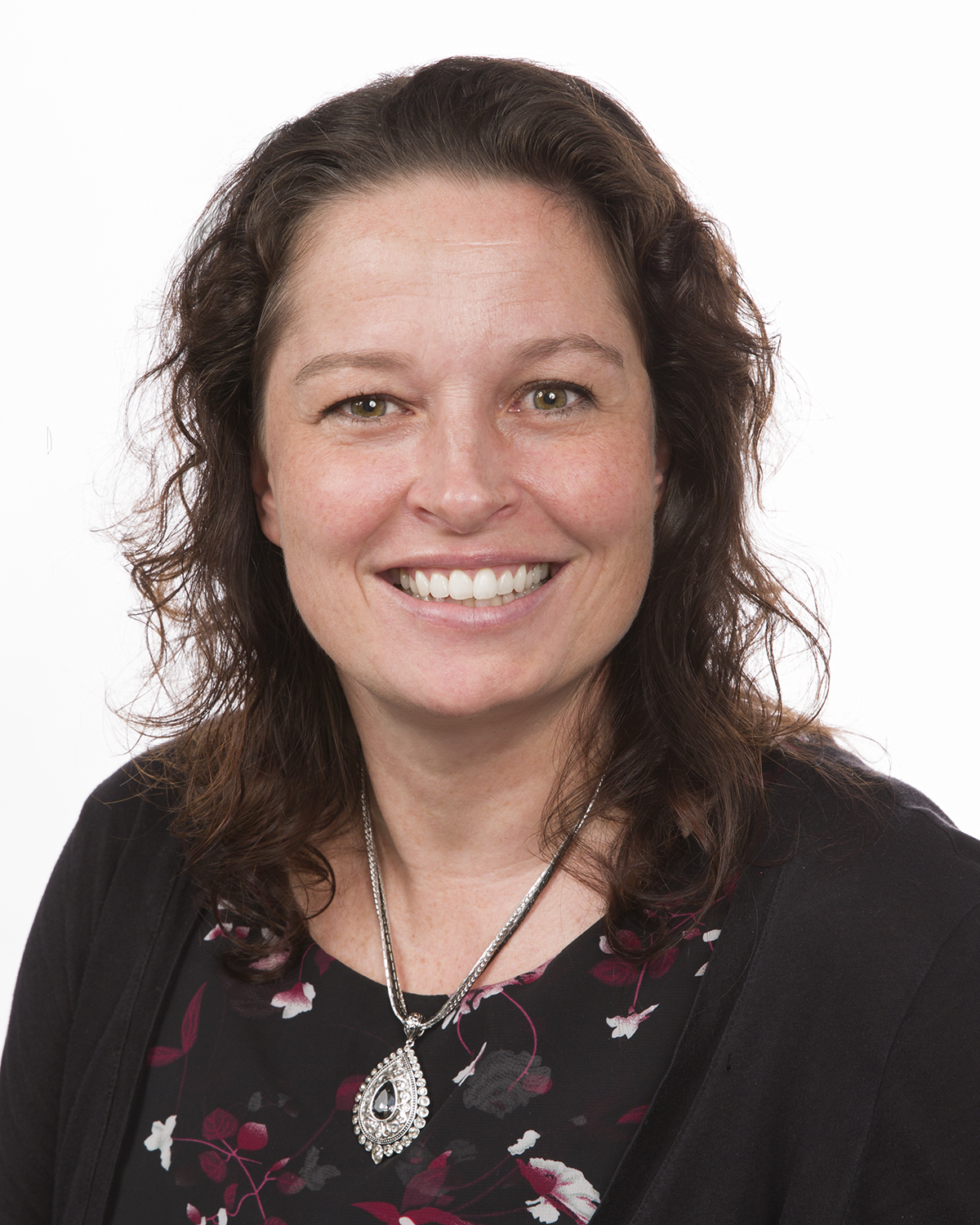 “Dr. Costa's exemplary leadership with the patients’ journey conference represents an innovative approach to the use of academic scholarship to promote health in Northwestern Ontario and beyond,” said Dr. Kristen Jones-Bonofiglio, Director of Lakehead’s School of Nursing.
“Dr. Costa's exemplary leadership with the patients’ journey conference represents an innovative approach to the use of academic scholarship to promote health in Northwestern Ontario and beyond,” said Dr. Kristen Jones-Bonofiglio, Director of Lakehead’s School of Nursing.